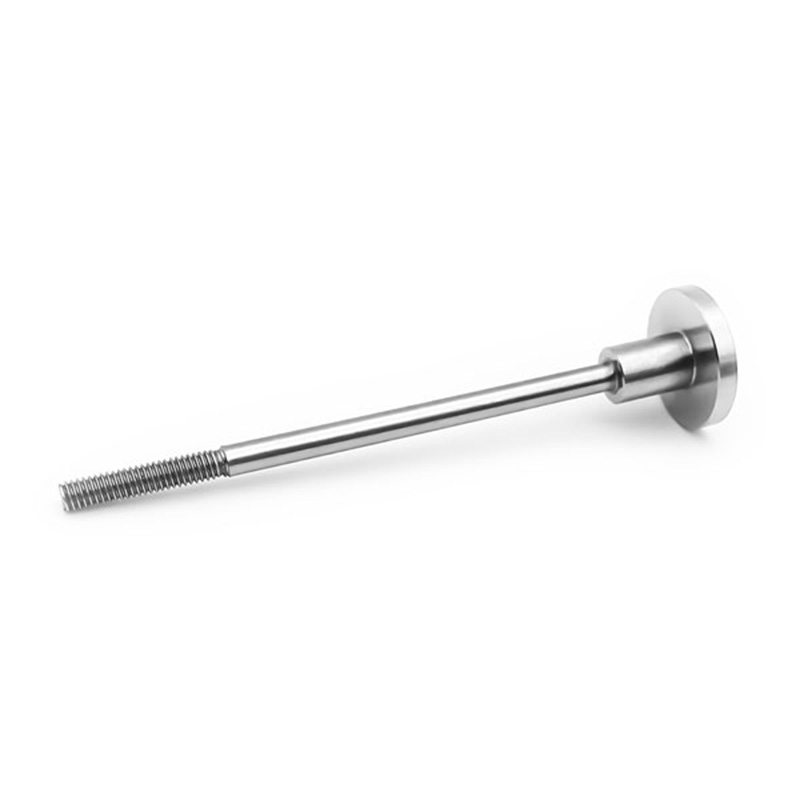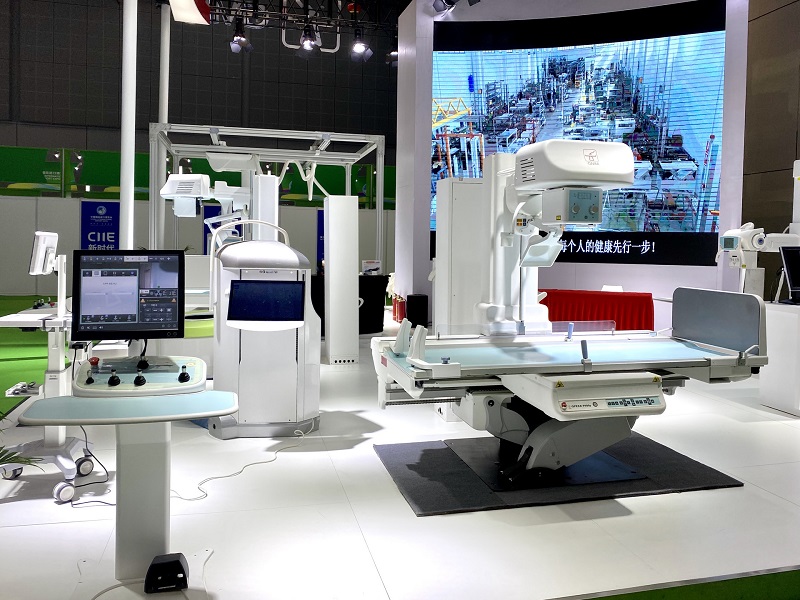Medical Industry Application – QY Precision
Medical Industry Application – QY Precision Detail:
MEDICAL
Medical metal equipment
Due to the particularity of the use environment and required characteristics of medical devices, there are strict standards for the selection of Medical metal instruments’ material.
First of all, metal must be relatively malleable, and the malleability is strong to be easy to shape, but not too strong, because once the surgical instrument is formed, it needs to maintain its shape and not change easily. Depending on the type of equipment, the use of metal may need to be quite malleable, because many surgical instruments need to be long and thin in shape, such as scalpels, pliers, scissors, etc.
Secondly, the metal surface of the surgical instruments needs to be tough and shiny, so that the instruments are easy to clean, will not hide bacteria, and effectively prevent human wound infections.
Finally, the metal needs to not chemically react with human tissues, so that it will not cause any metal pollution to the human body during the operation.


Which Metal is better for Medical Instruments?
The most commonly used metals for surgical instruments are: stainless steel, titanium, tantalum, platinum, and palladium.
Stainless steel is one of the most commonly used metal alloys in the manufacture of surgical instruments.
Austenitic 316 (AISI 316L) steel is a commonly used stainless steel and is called “surgical steel”. Because it is a tough metal that is very resistant to corrosion. AISI 301 is the most commonly used metal for manufacturing springs and can be used in medical devices. Stainless steel can withstand high temperatures up to 400°C, which means it can be easily sterilized in an autoclave at 180°C. It also has the advantages of toughness and wear resistance almost comparable to that of carbon steel. Stainless steel has always been the material of choice for metal alloys, but there are other alternatives when necessary.
Product detail pictures:



Related Product Guide:
We attempt for excellence, provider the customers", hopes to be the most beneficial cooperation team and dominator enterprise for staff, suppliers and shoppers, realizes value share and continuous advertising for Medical Industry Application – QY Precision , The product will supply to all over the world, such as: New Orleans, Oman, Oman, Our company always provides good quality and reasonable price for our customers. In our efforts, we already have many shops in Guangzhou and our products have won praise from customers worldwide. Our mission has always been simple: To delight our customers with best quality hair products and deliver on time. Welcome new and old customers to contact us for the future long term business relationships.
The company leader recept us warmly, through a meticulous and thorough discussion, we signed a purchase order. Hope to cooperate smoothly
-

Phone
-

E-mail
-

Top





